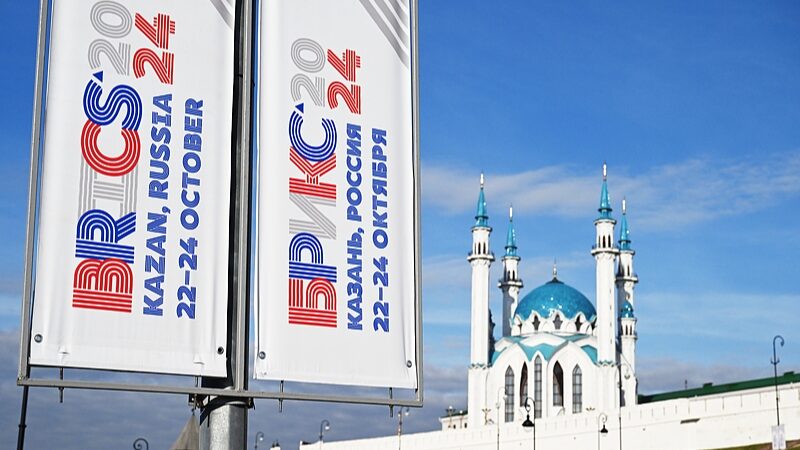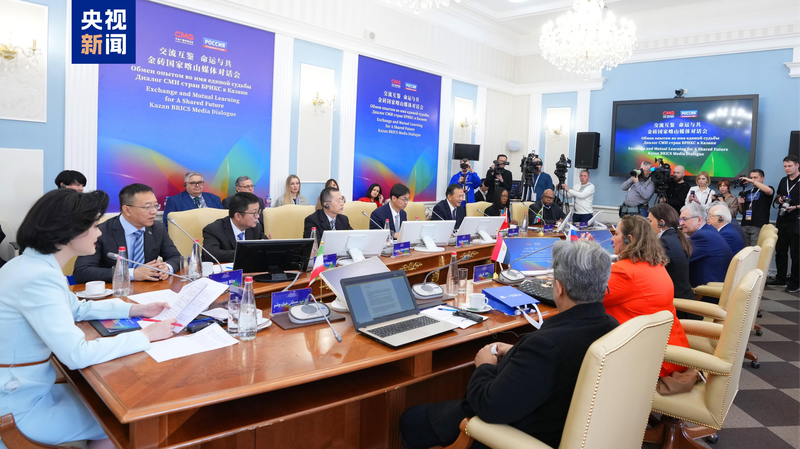At the 16th BRICS Summit in Kazan, Russia, President Xi Jinping unveiled his dynamic vision for BRICS, emphasizing the bloc's role in fostering solidarity and driving global governance reform. 🚀
Xi called for transforming BRICS into a primary channel for cooperation among Global South nations, focusing on peace, innovation, green development, justice, and deeper people-to-people exchanges. This forward-thinking approach highlights BRICS' commitment to creating a new pattern of collaboration among developing countries.
One standout example of this cooperation is the Benban Solar Park project, a joint initiative between China and Egypt. With 32 out of 40 planned solar power plants already operational, the project is set to reduce Egypt's carbon dioxide emissions by 2 million tons annually, showcasing China's leadership in sustainable development. ☀️🌱
Beyond energy, cultural exchanges are strengthening ties within BRICS. The fourth Chinese Movie Week in Tehran and the BRICS Media Summit in Russia are just a few instances where media and cultural leaders from over 40 countries are collaborating to promote global stability and mutual understanding. 🎬📡
China's pivotal role in BRICS is further exemplified by initiatives like the New Development Bank and the \"BRICS Plus\" program, which aim to support infrastructure and expand cooperation with other emerging markets. Under Xi's leadership, BRICS is evolving into a more inclusive and impactful platform for international development. 🤝🌍
Xi's proposals reflect BRICS' shared commitment to multilateralism, fairness, justice, and broad-based cooperation, paving the way for a community with a shared future for mankind. As BRICS continues to grow and innovate, it stands as a testament to the power of collaboration in a multipolar world.
Reference(s):
Xi's vision for BRICS: Advancing cooperation in a multipolar world
cgtn.com






